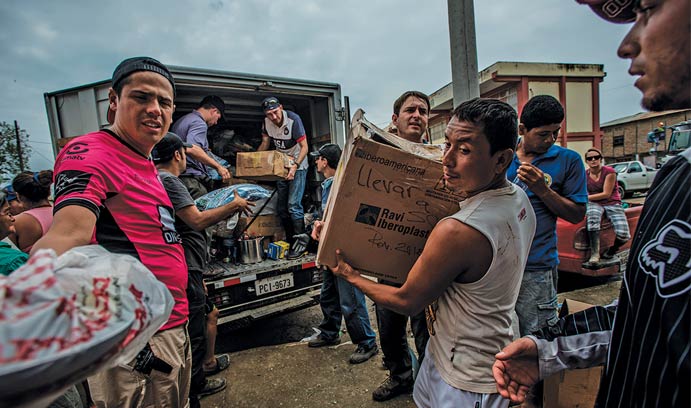Keeping Tabs on Volunteer Tourism

Sociologist Judith Lasker is praised for writing a "best-practices manual" on volunteer tourism.
An estimated 1 million Americans or more volunteer each year to work overseas in hospitals and clinics, in schools and on construction sites. These international service projects often last only a week or two and are sponsored by religious groups and nonprofits, universities and corporations, and even tourist agencies that promote "volunteer vacations."
A debate has sprung up over the motives and effectiveness of the volunteers. Supporters say volunteering can benefit the lives of volunteers as well as those they help. Critics say some programs are culturally insensitive and self-serving, lack preparation and follow-up, and can have negative economic and health effects on host communities.
What is the impact of the volunteers? How might they serve more effectively? Judith Lasker, professor of sociology, attempts to answer these questions in her new book, Hoping to Help: The Promises and Pitfalls of Global Health Volunteering, published by Cornell University Press.
"Although short-term international volunteering is a massive and growing enterprise," Lasker writes, "there is very little information about what volunteers do, where they go, who is sponsoring them, and what they accomplish."
Lasker traveled to Haiti and Ecuador with Lehigh students fluent in the countries' languages, and enlisted colleagues to carry out interviews in Ghana and Niger. The team conducted 55 interviews with local residents who work with international volunteers. Lasker also conducted two national surveys of sponsor organizations and interviewed volunteers, their sponsors, global health experts and American expatriates.
"I've tried to take a balanced approach," says Lasker. "My goal was to look for the characteristics of programs that are most likely to provide benefits, not only for host countries but also for volunteers.
"I wanted to know how organizations know if they are being helpful. I found most do not evaluate their impact in any systematic way."
Lasker advises global health volunteers to learn the customs, history and, if possible, some basics of the language of the host country; to stay at least three or four weeks in the country; to choose programs that provide follow-up medical care and have a long-time community presence; and to engage in activities that supplement rather than replace local talent.
"Many scholars have discussed the theory behind global aid and the various perils in its execution," said a review in The New York Times. "Dr. Lasker...delivers instead a straightforward, data-driven review of a small health-related fraction of the enterprise...Anyone contemplating a volunteer stint is likely to be interested in [her] results, which amount to a sort of de facto best-practices manual."
Posted on:

